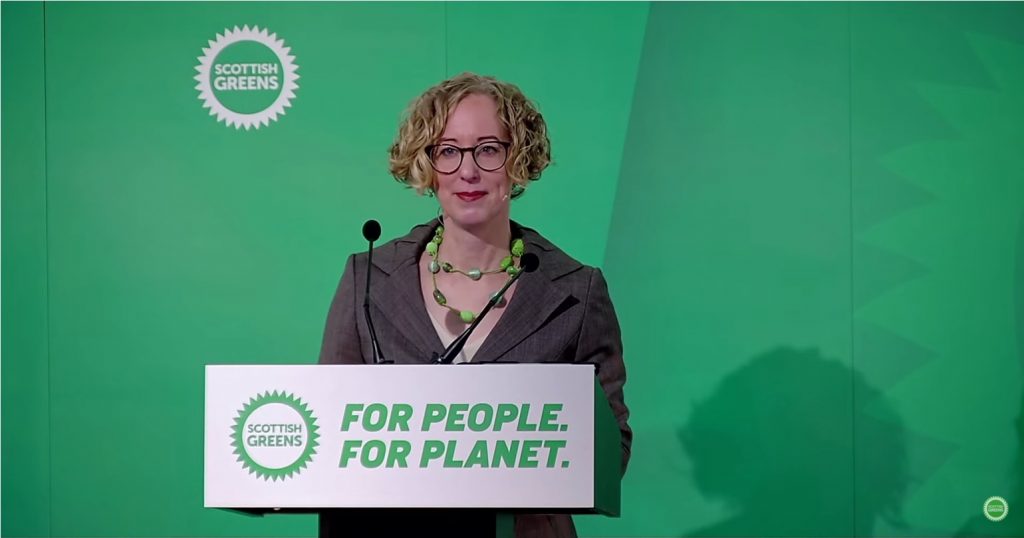Why I shut down a coal mine to expose the ties between politicians and fossil fuels

Last Monday, me and a group of 20 others shut down a coal mine. Waking at 5 am, laden with D-Locks, arm tubes and some pretty tasty flapjack, we successfully blockaded the gates of Shotton opencast coal mine in Northumberland. And (just for safe measure) some of us also attached ourselves to a 500 tonne excavator within the mine itself.
It wasn’t a comfortable experience. To give you an idea: imagine lying incapacitated on cold concrete for nine hours, your arm stuck inside a blockading tube, surrounded by police, wishing above all else for a toilet… And now imagine that in the North East of England.
The cold was a minor discomfort however, for the nine of our group that were arrested as a result of our actions. Despite the comedy masks and the endless stream of coal-related chants, we were always aware that there would be serious consequences. But each of us was willing to accept that—we were there for serious reasons.
Climate change! – I’m sure many of you will automatically respond. And you’re right. But Monday’s action was about more than that.
Named ‘Matt Ridley’s Conscience’, one of our primary aims was to expose the ties between parliament and fossil fuels. For Shotton opencast coal mine isn’t merely at fault through its contribution to the greatest dilemma currently facing mankind (admittedly, this is a fairly strong complaint but one which could apply to any one of the 30-odd mines in Britain). No, what makes Shotton particularly objectionable is the man that owns the land beneath it: Matt Ridley.
Matt Ridley is a Conservative peer and well known climate sceptic. In a plethora of seemingly well-researched articles (all of which ignore scientific consensus), Ridley has argued that fossil fuels are ‘not a bad thing’ and climate change is, in fact, ‘good for the world’. Marvellous news! But perhaps slightly skewed by the estimated £4.1 million per annum that Ridley earns from the land beneath Shotton mine, not to mention his £50,000 in fracking giant, the Weir Group (a ‘personal interest’ he conveniently failed to declare two years ago, putting him in breach of the Parliamentary Code of Conduct).
Sadly, Ridley is just the tip of the metaphorical (soon mythical) iceberg. Links to fossil fuels are endemic in both the House of Lords and the House of Commons. From direct ties to companies such as Shell and BP, to more indirect links through financial bodies that support dirty energy projects, the seats of Parliament are rife with vested interests. And this contamination reaches right to the top. George Osbourne’s father-in-law (also a peer) is President of Shell and the BP-funded British Institute for Economics. Meanwhile, Cameron’s leadership campaign received huge contributions from donors linked to the fossil fuel industry.
As if personal connections weren’t enough to ensure continued Parliamentary passivity on climate change, much public money comes from investments in fossil fuels. Earlier this year it was revealed that nearly one-fifth of public pension funds rely on the profits of Shell and BP.
The level of parliamentary dependency on fossil fuels is dangerous. We are currently approaching COP21, which is set to be one of the biggest climate talks in history. With policy makers’ minds on their pockets, it is surely doomed to reflect the interests of coal, oil and gas, leaving behind the less-profitable domain known as science.
It is therefore important that parliamentarians such as Matt Ridley are exposed. In democratic society, major interest groups should not be allowed financial influence over policy. Were such connections common knowledge, I am sure that people would begin to question not only parliamentary narrative on issues such as climate change but also whether Britain can really be described as democratic.




Leave a Reply